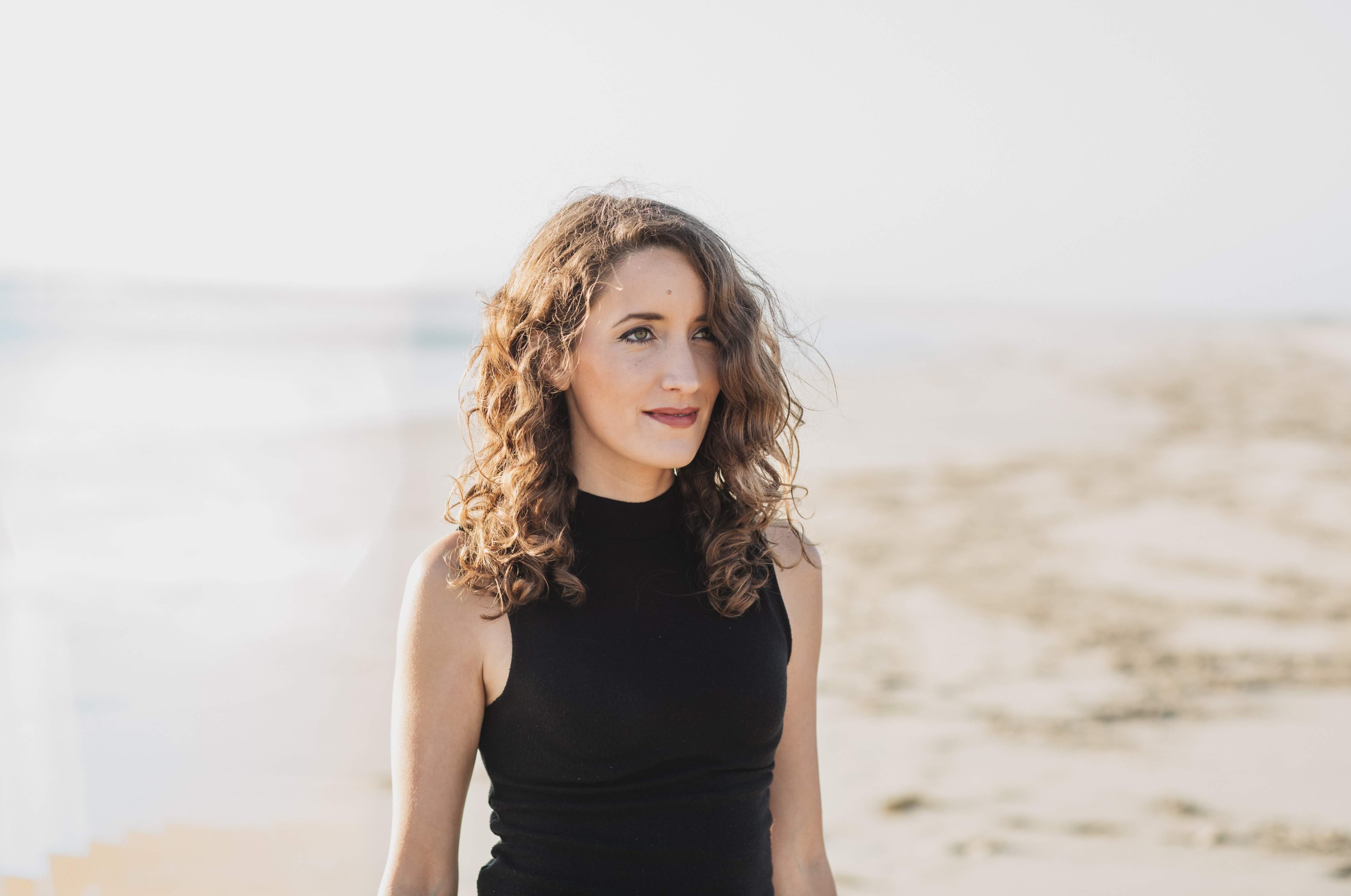
By Brendan O’Meara
“I could leave my father as a mystery because he was the mystery I was trying to solve,” says Jean Guerrero, @jeanguerre on Twitter.
I’ve often wonder how to not just make the podcast better but different. What would that entail?
Could writing an extensive blog post about the guest instead of just show notes be seen as different yet adding value? I’m not sure.
The content of the interview…should it be shorter than 45 minutes? There seems to be a glut of interview podcasts in the 45-60 range. Only famous people get away with 60+ minutes. The short ones require brutal editing and if you have a guest like Susan Orlean on the show, do you want cut 60 minutes of raw interview down to 30 minutes? Down to 20 minutes?
Something I know for sure is when I see a podcast pop up in my feed and it’s under 30 minutes, I think, “That’s easy. I can digest that in short walk or a big sink of dishes!” But when it starts creeping north of 45 minutes I think, “Okay, this will take some time. This is a commitment. Granted, you have more room and you can learn more from the sheer volume of a longer interview, but I wonder how many people are turned off by the longer shows. My guess is a quite a bunch.
My guess is also that even in a 60-minute interview, at least 25% can go, even if it is some as great as Roy Peter Clark. I even experimented with this in 2017 with Roy’s episode. I think the second one is actually better and it’s way, way, way shorter.
But this is Jean Guerrero’s (@jeanguerre) episode and I don’t want to detract from her great contribution to the world of The Creative Nonfiction Podcast.
Her debut book, Crux: A Cross-Border Memoir, is a family sketch where she tries to solve the mystery of her charismatic and troubled father. It takes her south and north of the border and puts in danger as she gets pulled out to sea (literally and figuratively) by this story.
While lobbying her father to tell his story Jean writes:
I think you opened up to me because in your heart you believe in the Truth, like I believe in it, despite its ever-elusive nature. I think you know that lying, keeping secrets, and refusing to acknowledge the past are what poison us as human beings. It’s hiding that closes the soul…What gives liberty is transparency, owning what you have experiences letting light reach your interior, seeking to be illuminated.
It is with such passages that Jean begins the deep dive into a family history rooted in its own strange mythology. How she handles the complexity of the story is a testament to her skill as a craftswoman.
I hope you enjoy this show. Please subscribe wherever you get your podcasts and leave an honest review on Apple Podcasts if you have the time.
Thanks for listening!
